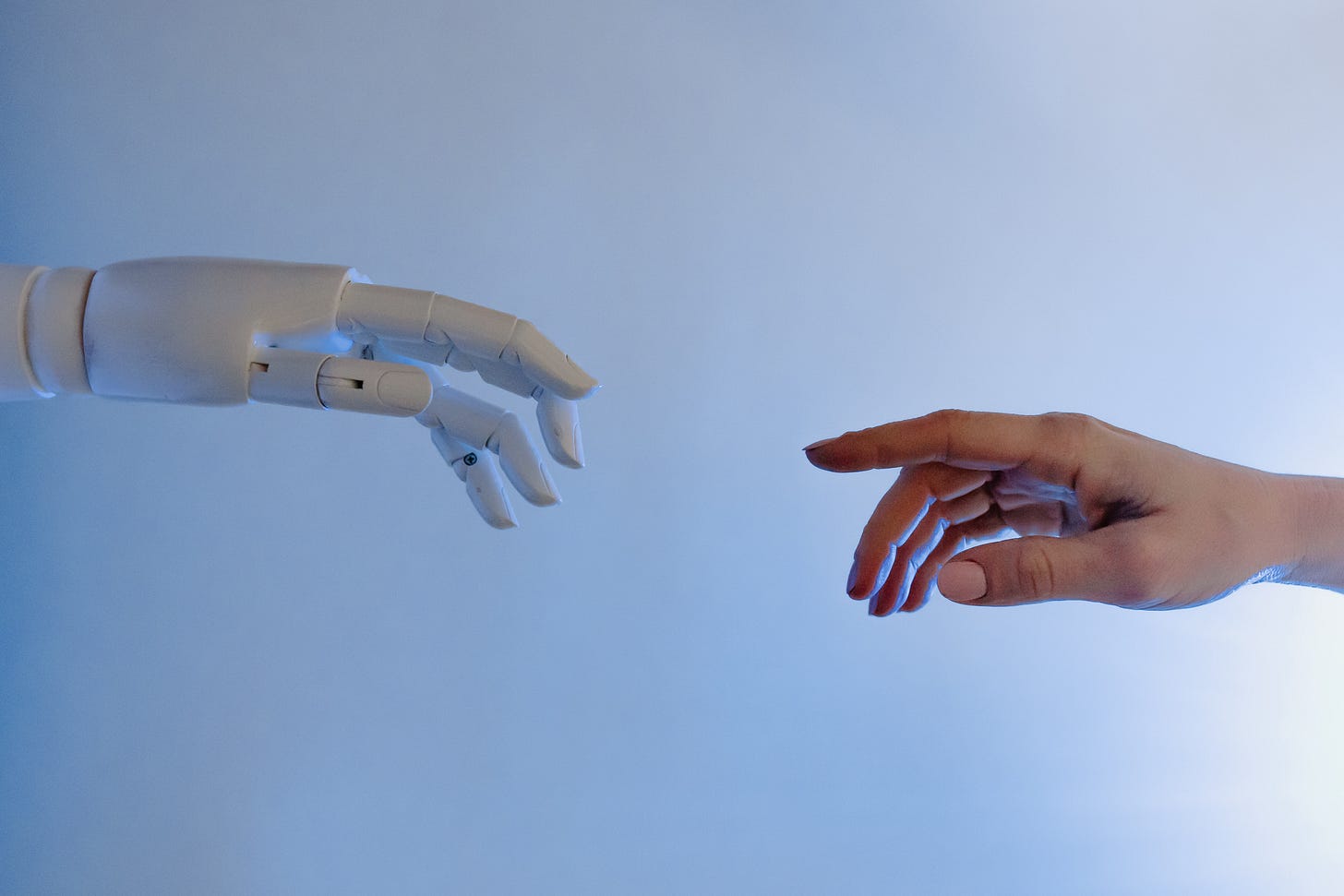I recently read about a songwriter who was using ChatGPT to write lyrics. He said he does it because it’s faster, more efficient.
Please. No.
It’s bad enough that this technology is showing up in schools and in our editorial publications, and soon in journalism, but now it’s creeping like an infection into the highly emotional realm of songwriting.
Not long ago, American Songwriter tested AI to rewrite the lyrics of the Beatles’ “Hey Jude.” It was awful. Most of us know at least a bit of the lyrics of the great McCartney song. Here is part of AI’s re-written version:
Hey there, don’t you fret,
Take a deep breath and don’t forget,
To embrace the journey that lies ahead.
McCartney is cringing. So should you.
Musician Nick Cave touched on the ugly side of AI technology and music in his most recent The Red Hand Files newsletter.
“ChatGPT rejects any notions of creative struggle…It rejects that there is a collective, essential and unconscious human spirit underpinning our existence, connecting us all through our mutual striving.”
What he is saying is that AI and/or ChatGPT cannot replicate the depth of human emotion, it can only render it to phrasing, not the true nerve-ending reality of a soul bared. As Cave writes, the technology “renders our participation in the act of creation as valueless…mechanizing the imagination.”
He also writes, and so many agree, that AI or ChatGPT should never be a songwriting tool and anyone who uses either to write lyrics is not a songwriter. The struggle in the act of creation is so very necessary and this new technology eliminates that. Inherently, the creative process, especially songwriting, should not be easy. Yes, the creation might come “easily,” as some songwriters have admitted to writing wonderful lyrics on a napkin in a restaurant, or in ten minutes on a plane. But the struggle of getting to a place where that is even possible is tossed aside when AI or ChatGPT are employed. That key element disappears. Without it, there is no creative process. It is simply not the real thing.
Creatives everywhere should fight the urge to make the process “easier.” Art should come with rough edges born of heartache and angst and the hard work of questioning and probing the heart and soul. The real beauty of a great lyric is rarely reached by taking the newly paved highway. It comes by riding the gravel, pothole-strewn backroad in a wagon with a lame horse that crosses a rickety wooden bridge over a raging river. AI or ChatGPT is simply the wrong way to travel if you really want to arrive at something meaningful.
In a couple of months, I am releasing eight songs I wrote by way of the music streaming services. It was a long-time project of mine that comes with a great deal of help and the guidance of talented musician friends. These are my songs, written by me, every lyric, every word nurtured and honed. (You can read about it here.
I can’t imagine this work being anywhere near as satisfying or significant to me or any listener in anyway if the lyrics had been written by some relative of Hal, the computer from Stanley Kubrick’s film 2001: A Space Odyssey.
“I’m sorry. Dave. I’m afraid I can’t do that.”
Reject easy. Reject Hal.
Photo: Tara Winstead





Are you going to have a kick off performance of your songs? I’ll come
It's sobering to think that songwriting - by humans - could become the "road less traveled." Any creative art is a reflection of feelings/sweat/joy/tears. Computers feel none of that.